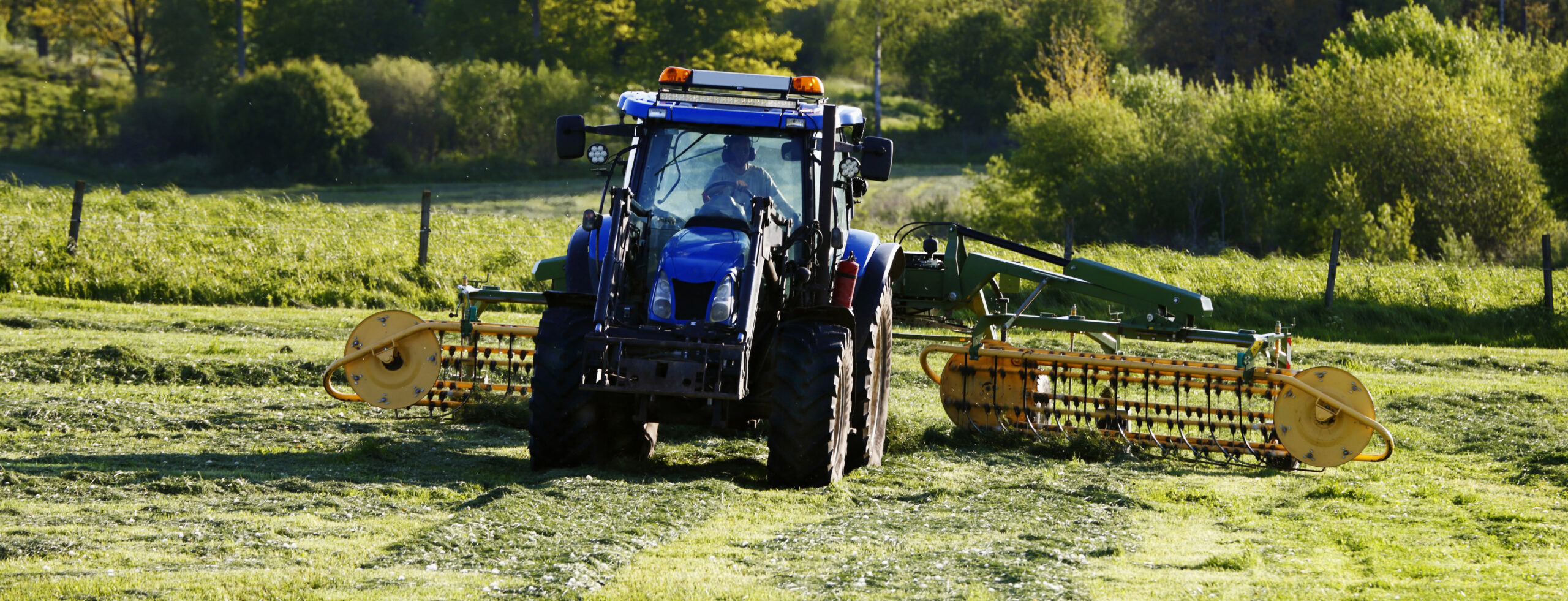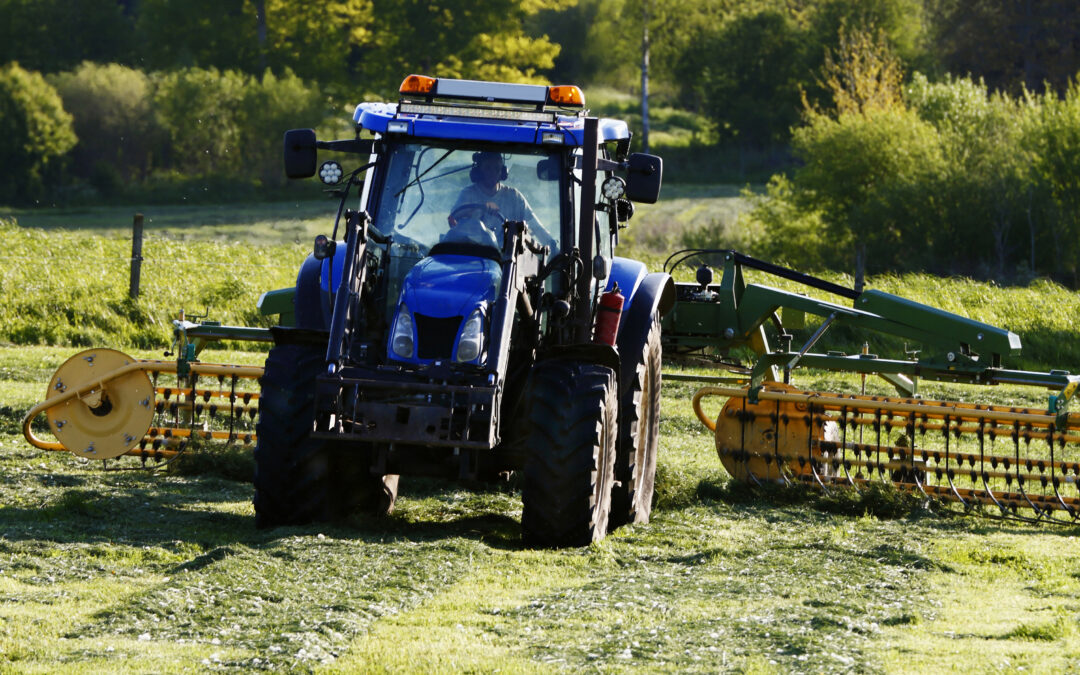If you’re thinking about starting a farm or homestead, raising livestock can be an excellent way to provide your family with fresh meat and dairy products. However, before you jump in headfirst, there are several things you need to consider when it comes to raising livestock at home. In this article, we will cover everything from choosing the right animals for your homestead to tips for keeping your livestock healthy and productive.
Introduction to Raising Livestock at Home
One of the first steps to take when considering raising livestock is deciding which types of animals you want to raise. Some popular options include chickens, goats, sheep, pigs, and cows. Each type of animal has its own unique housing and feeding requirements, so it’s essential to do your research before making any final decisions.
Choosing the Right Animals for Your Homestead
When selecting animals for your homestead, there are several factors to consider. Firstly, think about what purpose you want the animals to serve. For example, if you’re looking for milk production, you may want to choose dairy cows or goats. If you’re interested in raising meat, pigs or lambs may be a better option.

Another important factor to consider is the size of your property. Depending on the number of acres you have available, certain breeds may be more suitable than others. Additionally, think about how much time and effort you’re willing to put into caring for your animals. Certain breeds require more attention than others, such as daily milking or hoof trimming.
Housing and Feeding Requirements for Different Types of Livestock
Once you’ve chosen the animals you want to raise, it’s crucial to understand their specific housing and feeding needs. Chickens, for instance, require a coop with nesting boxes and an outdoor run where they can scratch around and forage. Goats need a pen that provides protection from predators and shelter from extreme weather conditions. Sheep require a barn or shed with plenty of space to move around and access to pastureland. Pigs need a secure enclosure with straw bedding and access to water and food. And finally, cows require a large pasture area with access to shade and water.
Tips for Keeping your Livestock Healthy and Productive
Keeping your livestock healthy should be one of your top priorities. Regular vet check-ups, proper nutrition, and clean living conditions are all key components to maintaining a healthy herd. It’s also essential to keep accurate records of each animal’s medical history, including vaccinations and medication administered.
Additionally, providing your animals with a comfortable environment can help increase their productivity. Ensuring they have adequate ventilation, lighting, and temperature control can improve their overall wellbeing and reduce stress levels. Finally, regular training sessions can teach your animals to behave calmly and follow commands, making them easier to handle during routine maintenance tasks like shearing or dehorning.
In conclusion, raising livestock at home can be a rewarding experience both personally and financially. By doing your research, selecting appropriate breeds, and providing optimal care and nutrition, you can create a thriving homestead while enjoying fresh, locally sourced food.





